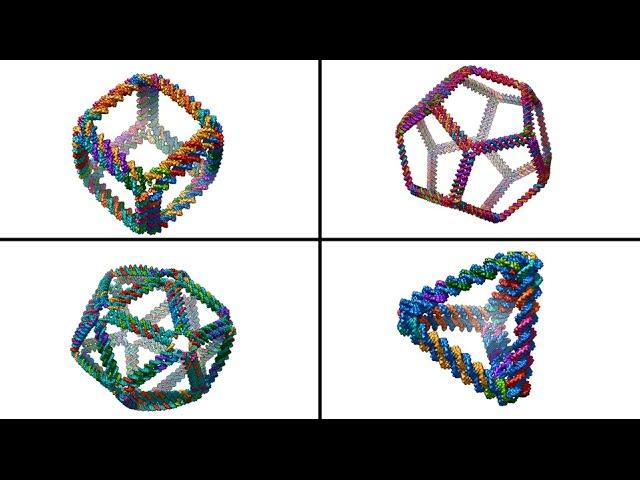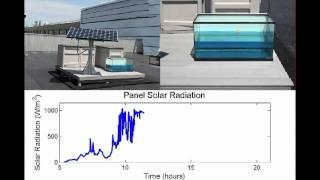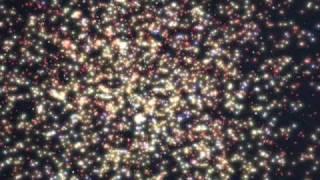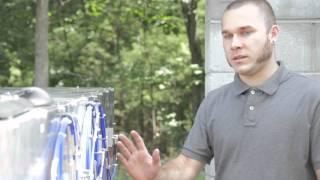Time Travel, Teleportation & Science
Time travel is the concept of moving between different points in time in a manner analogous to moving between different points in space, generally using a theoretical invention, namely a time machine. It has a commonly recognized place in philosophy and fiction, but has a very limited application in real world physics, such as in quantum mechanics or wormholes.
Although the 1895 novel The Time Machine by H. G. Wells was instrumental in moving the concept of time travel to the forefront of the public imagination, The Clock That Went Backward by Edward Page Mitchell was published in 1881 and involves a clock that allowed three men to travel backwards in time.[1][2] Non-technological forms of time travel had appeared in a number of earlier stories such as Charles Dickens' A Christmas Carol. Historically, the concept dates back to the early mythologies of Hinduism (such as the Mahabharata), Buddhism, and Islam through ancient folk tales. More recently, with advancing technology and a greater scientific understanding of the universe, the plausibility of time travel has been explored in greater detail by science fiction writers, philosophers, and physicists.
Teleportation, or Teletransportation, is the theoretical transfer of matter or energy from one point to another without traversing the physical space between them. It has a commonly recognized place in science fiction literature, film, and television, but as yet has a very limited application in real world physics, such as quantum teleportation or the study of wormholes.
Science (from Latin scientia, meaning "knowledge") is a systematic enterprise that builds and organizes knowledge in the form of testable explanations and predictions about the universe. In an older and closely related meaning, "science" also refers to a body of knowledge itself, of the type that can be rationally explained and reliably applied. A practitioner of science is known as a scientist.
In modern usage, "science" most often refers to a way of pursuing knowledge, not only the knowledge itself. It is also often restricted to those branches of study that seek to explain the phenomena of the material universe.
Source : Wikipedia
-
07:01
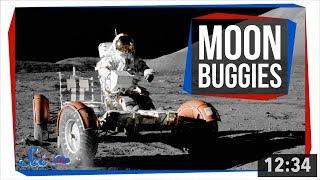
Moon Buggies: The First Electric Cars in Space
Added 512 Views / 0 LikesTo support SciShow Space and learn more about Brilliant, go to https://brilliant.org/scishowspace/ To expand their range on visits to the moon, astronauts needed a way to travel faster, go farther, and carry more than walking provided. Thankfully, they ha
-
05:42
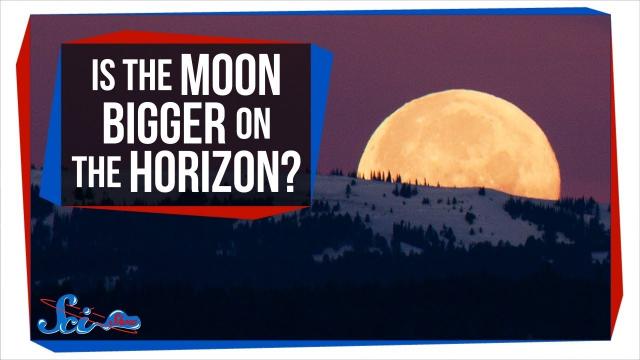
Why Does the Moon Look Bigger on the Horizon?
Added 529 Views / 0 LikesThe full moon might seem bigger on the horizon than when it's higher up, but when does it actually take up more space in the sky?Hosted by: Reid ReimersFor special, curated artifacts of this universe, check out https://scishowfinds.com/----------Support S
-
06:07
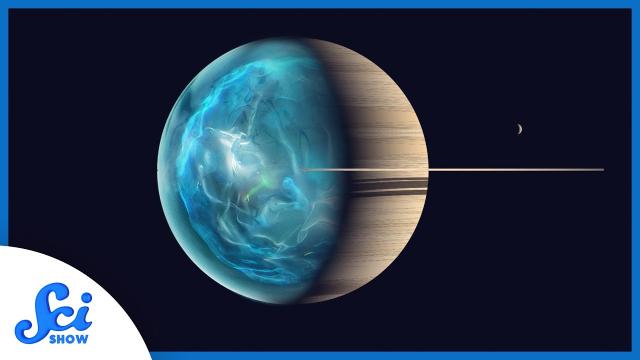
What Saturn’s Rings Tell Us About Its Soupy Core
Added 245 Views / 0 LikesThis episode is sponsored by Endel, an app that creates personalized soundscapes to help you focus, relax and sleep.The first 100 people to sign up here get a one week free trial: https://app.adjust.com/b8wxub6?campaign=scishowspace_august&adgroup=youtube
-
04:56
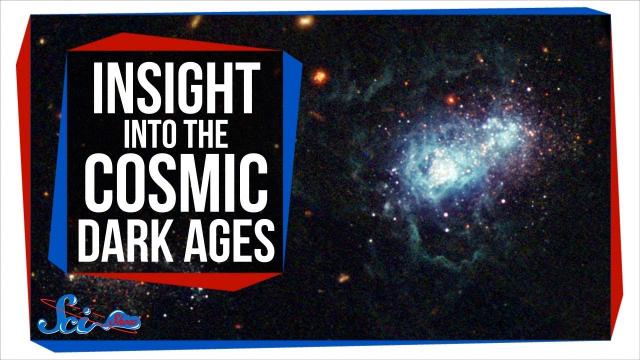
Solving Mysteries with the Ancient Galaxies Next Door | SciShow News
Added 541 Views / 0 LikesSome of the oldest galaxies we’ve ever seen are small, faint satellite galaxies orbiting the Milky Way, and they're providing us with a glimpse of how the universe evolved.Hosted by: Caitlin HofmeisterFor special, curated artifacts of this universe, check
-
01:34
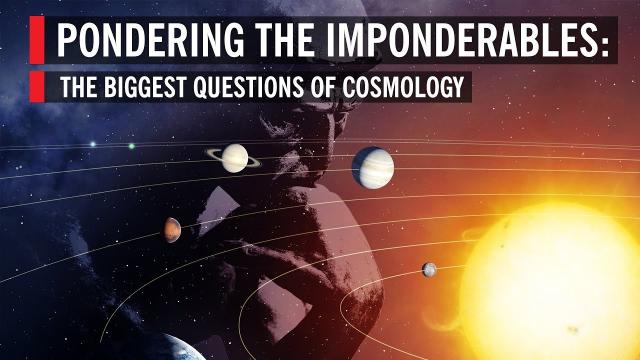
TRAILER: Pondering the Imponderables
Added 433 Views / 0 LikesIs our universe unique or one of many? What happened before the Big Bang? Why is there something rather than nothing? Is infinitely real? Some argue that if these deep questions can’t be answered empirically, they’re not relevant to science. Are they righ
-
02:54
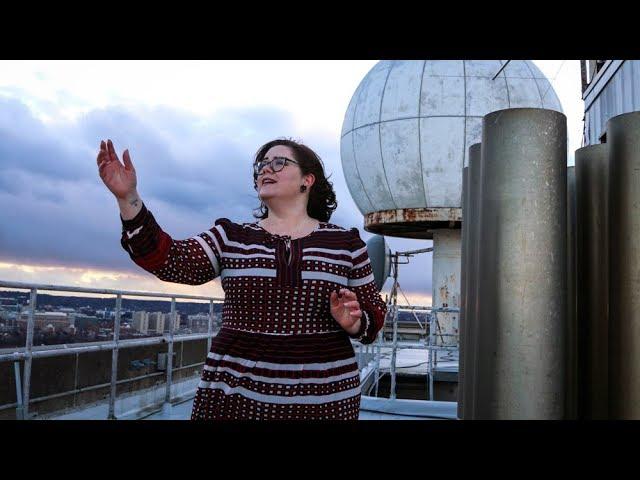
Opera atop the tallest building in Cambridge
Added 407 Views / 0 LikesMusic is integral to the holidays — and so we present Allison Provaire, a senior administrative assistant in the department of Earth, Atmospheric and Planetary Sciences at MIT, and a trained opera singer, singing Puccini's "Chi il bel sogno di Doretta" at
-
13:41
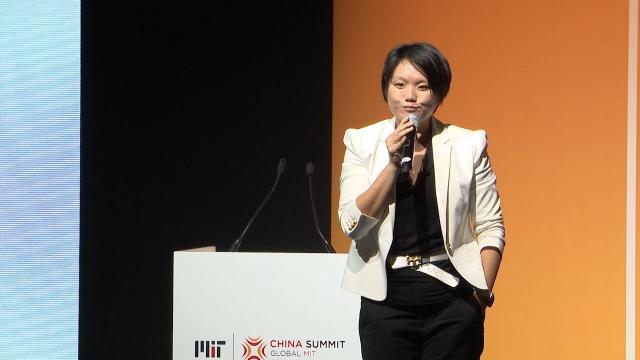
MIT China Summit: Jessica Tan
Added 500 Views / 0 LikesJessica Tan, Deputy Group CEO, Group COO and CIO, Ping An Insurance (Group) Company of China, Ltd. on financial innovation. Strength, Insight, Solutions: How Financial Innovation is Changing Our WorldFrom shaping the retirement system for future generatio
-
00:35
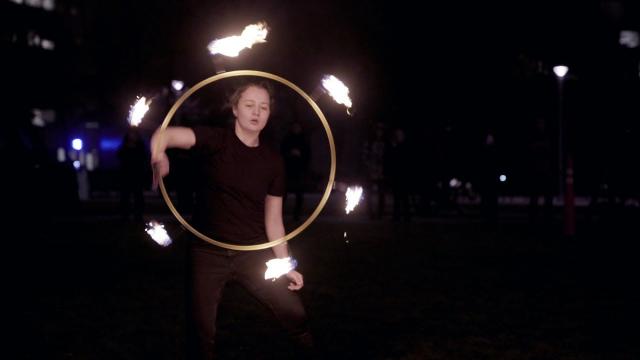
Dancing with Fire: MIT Spinning Arts Club
Added 445 Views / 0 LikesThe MIT Spinning Arts Club exists to foster a healthy spinning community on campus and off. The spinning arts combine dance, juggling and object manipulation, and fire! (Learn more about the club: http://spinning-arts.mit.edu/about.html) Watch more videos
-
1:00:26
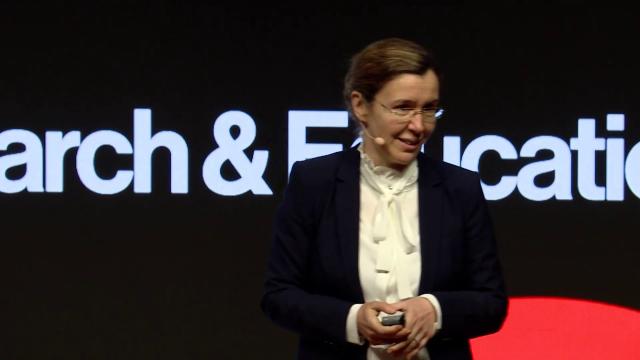
Computing at the Crossroads: Intersections of Research and Education
Added 440 Views / 0 LikesHashim Sarkis, dean of the MIT School of Architecture and Planning, offers an introduction to the session on “Computing at the Crossroads: Intersections of Research and Education” at the celebration of the MIT Stephen A. Schwarzman College of Computing. T
-
07:15
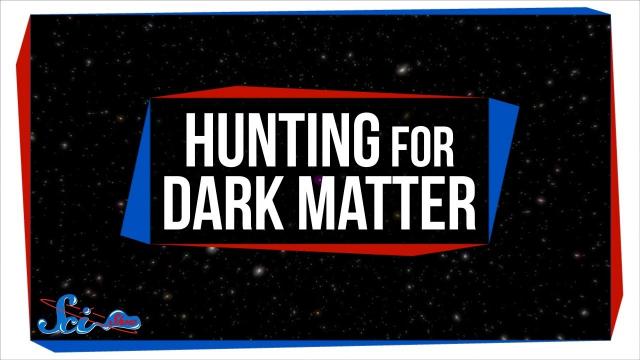
Updates on the Hunt for Dark Matter | SciShow Space News
Added 561 Views / 0 LikesThe hunt for dark matter is still on, and the candidates for it could be primordial black holes as massive as Earth, or axions, as tiny as the smallest subatomic particles in existence!Hosted by: Caitlin HofmeisterSciShow has a spinoff podcast! It's calle
-
02:46
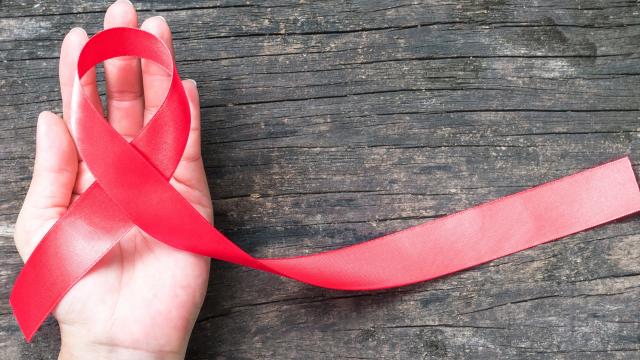
Ending the Epidemic - Are We Close to Ending AIDS?
Added 715 Views / 0 LikesEnding the Epidemic - Are We Close to Ending AIDS?
-
06:21
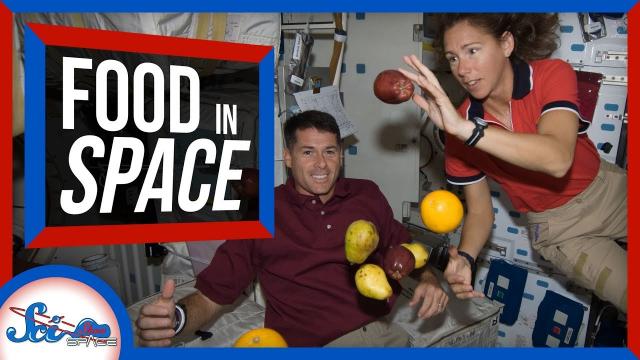
3 Myths About Astronaut Food
Added 488 Views / 0 LikesScientists have come up with some really creative ways to keep astronauts well fed in space for days and months at a time. But you should take some stories about space food with a grain of salt. We make science kits now! Go to UniverseUnboxed.com to learn
-
08:22
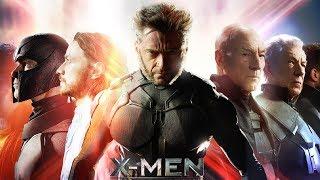
How to Travel Back in Time: Science Friction Ep 26
Added 975 Views / 0 LikesIn X-Men: Days of Future Past Wolverine travels back in time to team up with younger versions of Professor X and Magneto. In this episode of Science Friction find out what it really takes to travel back in time. Links to research below. You can get a free
-
02:11
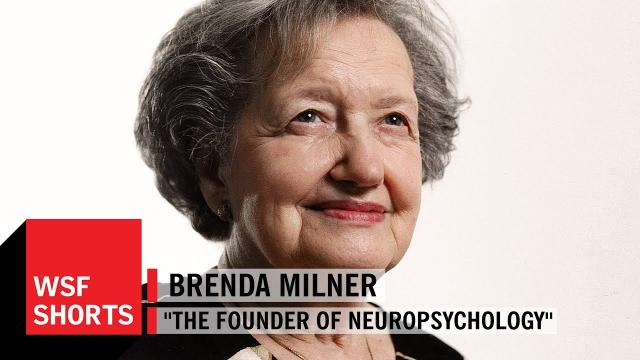
Happy Birthday to the World's Top Expert On Memory
Added 458 Views / 0 LikesBorn in Manchester, England in July 1918, Brenda Milner is widely credited with pioneering the field of cognitive neuroscience and has been called one of the world’s foremost authorities on memory. For over 60 years she has contributed immeasurably to our
-
06:10
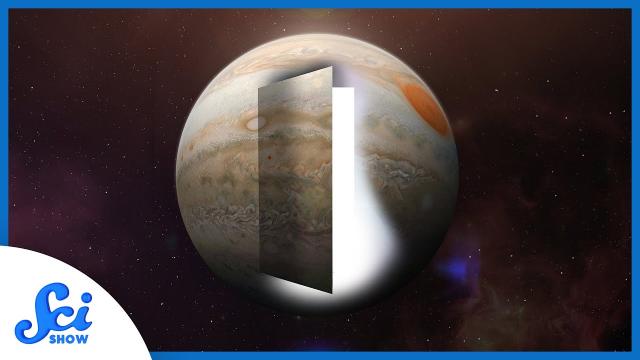
The Secrets Underneath Jupiter's Atmosphere
Added 192 Views / 0 LikesThis episode is sponsored by Wren, a website where you calculate your carbon footprint. Sign up to make a monthly contribution to offset your carbon footprint or support rainforest protection projects: https://www.wren.co/start/scishowspaceWe’ve probed so
-
02:39
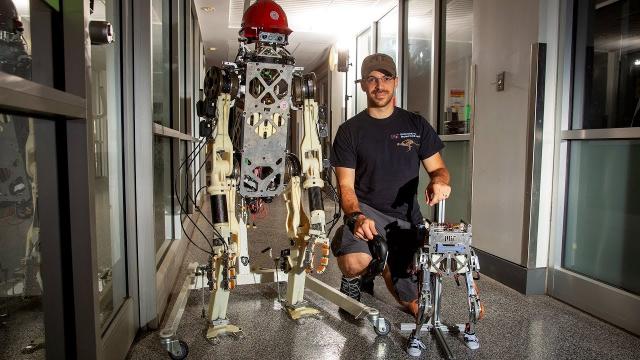
Make way for Little HERMES
Added 310 Views / 0 LikesEngineers at MIT have designed a new lightweight bipedal robot, that can lean from side to side, walk in place, and jump while keeping its balance. (Learn more: )Watch more videos from MIT: http://www.youtube.com/user/MITNewsOffice?sub_confirmation=1The M

